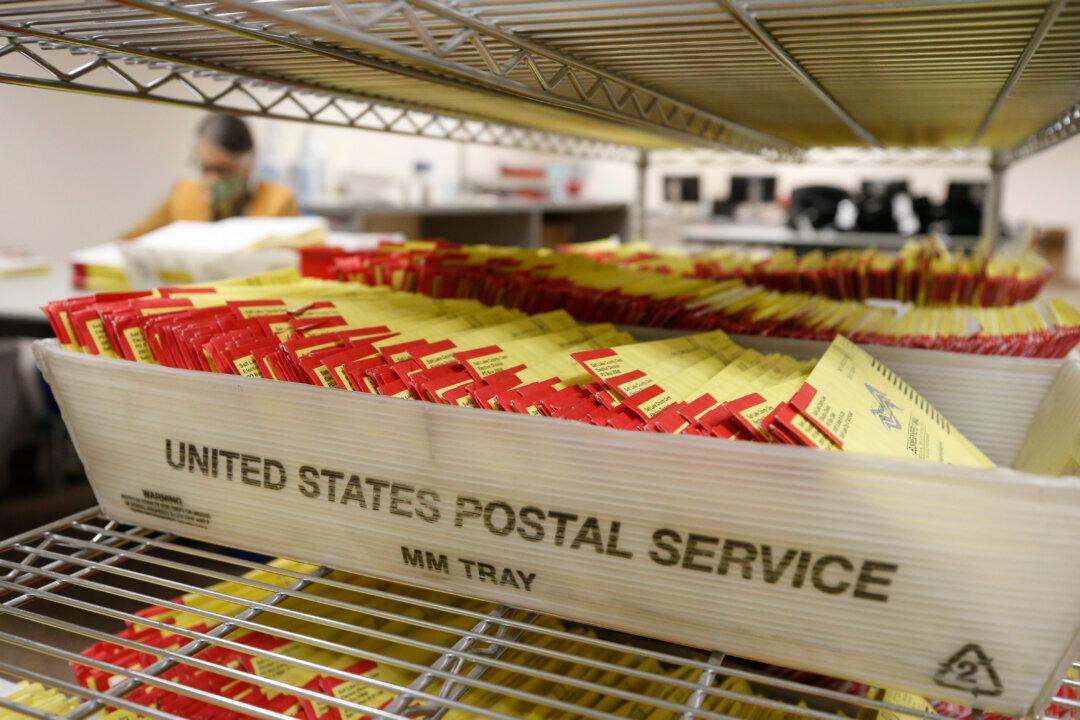A Virginia court ordered the state to abolish a plan to accept mail-in ballots without postmarks that have arrived after the election day. The Virginia State Board of Elections advised local election boards in August that if ballots arrive up to three days after Election Day, they should still count them, even if they’re not postmarked as sent on or before election day.
Thomas Reed, local electoral board member, challenged the guidance as unlawful, represented by the Public Interest Legal Foundation (PILF), a right-leaning election watchdog.





